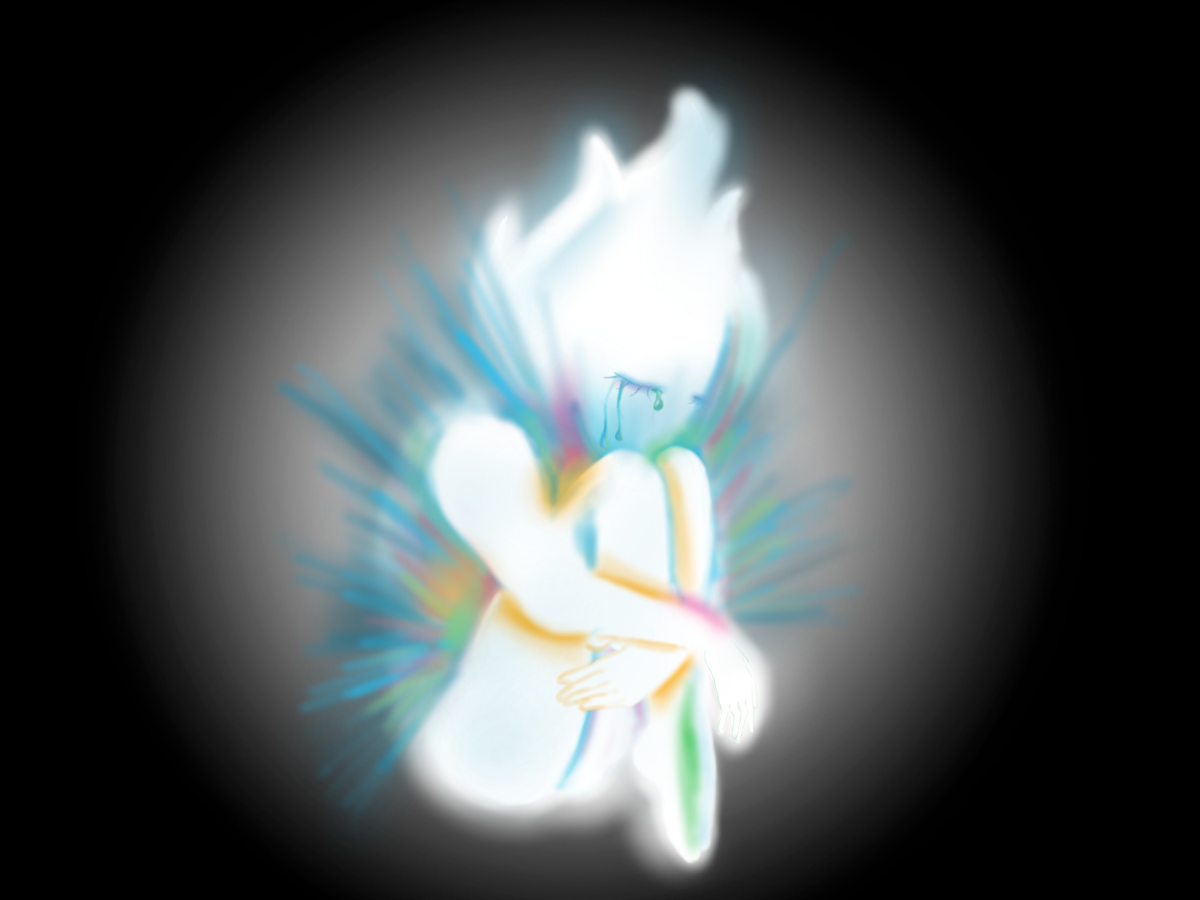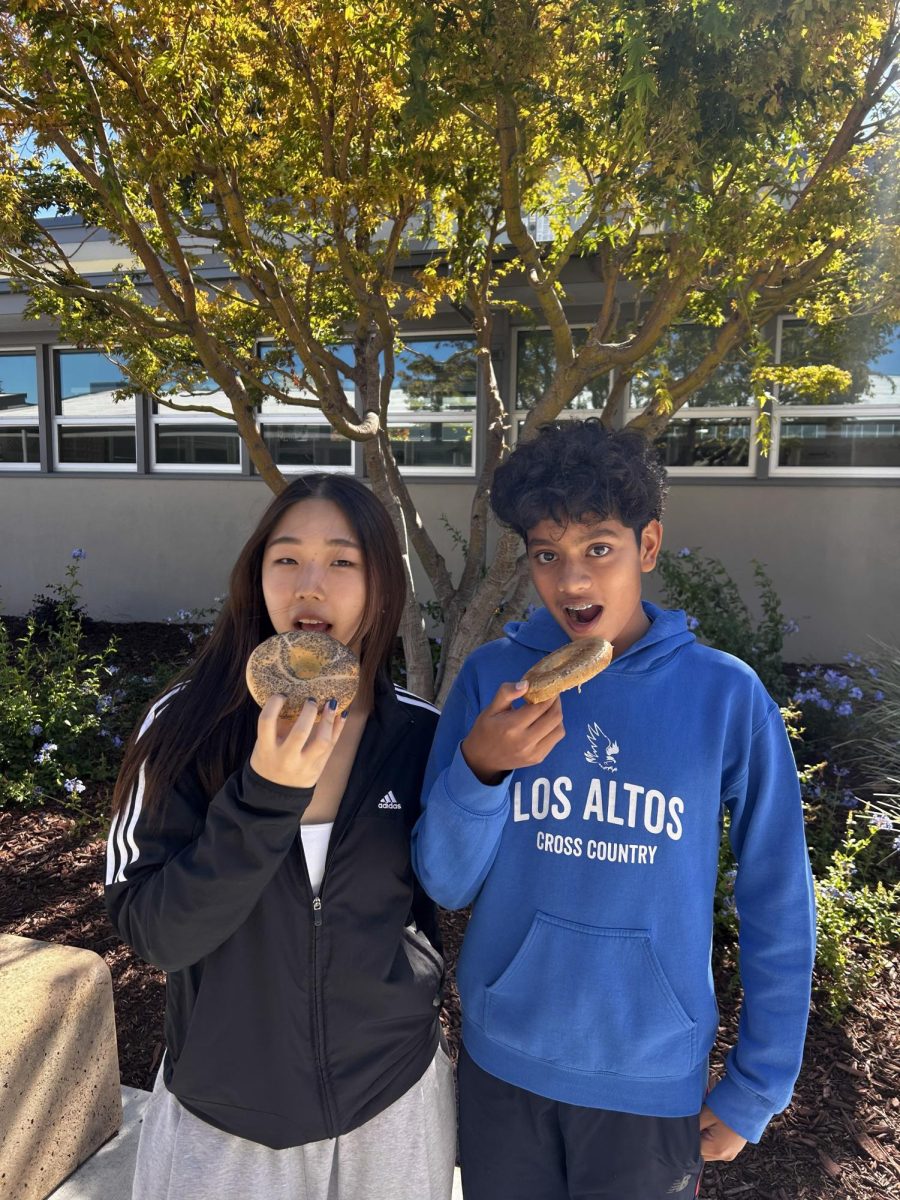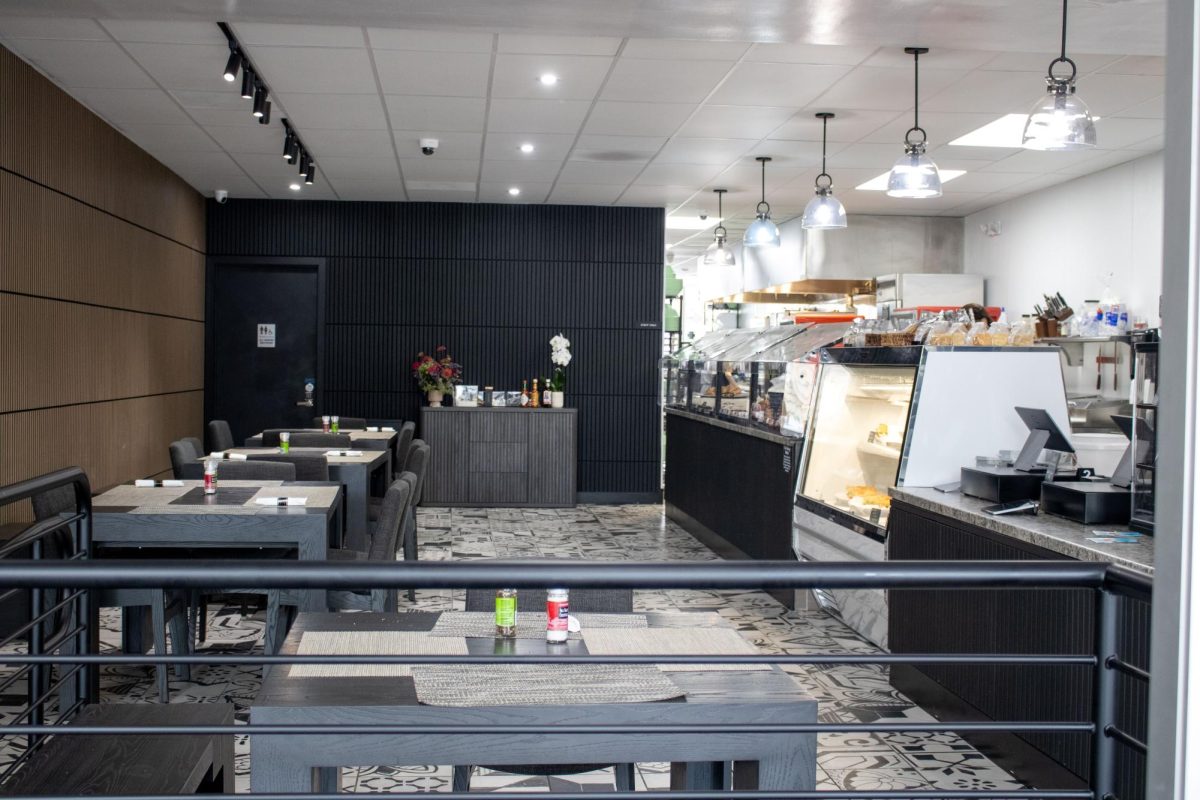Whether I’m bored in class or procrastinating a homework assignment, watching TikTok is my way of passing the time. From the language I use to the news I receive, the app profoundly affects my life.
Entering the new year, reports had surfaced of a possible TikTok ban, predicting day of week January 19 to be the “doomsday.” It all seemed so unlikely — why would one of the biggest apps in the world be banned?
So what seemed like a normal Saturday afternoon became the stuff of history textbooks, transcending my doubt of TikTokers’ warning of forthcoming doom. It seemed too early for anything to happen — and yet, it happened. TikTok was banned. As I opened the app, I would be greeted with a message stating how TikTok was temporarily unavailable. I was devastated.
As soon as I reloaded it the next day, a message explicitly thanking President Trump appeared, with the app being back to normal. Most other social media apps didn’t publicize their political views. It was odd that TikTok was so upfront about theirs. But the one-time message supporting Trump didn’t end there. In fact, it was just the beginning of a greater, concerning trend of political favoritism.
Recently, TikTok sponsored a Trump inauguration party, featuring some of the platform’s prominent conservative content creators. Trump has established himself as one of TikTok’s brightest stars — since joining the app in July 2024, he’s amassed over 15 million followers, close to double that of political opponent Kamala Harris’s 9 million. Through sheer numbers alone, Trump cemented himself as a king on TikTok.
TikTok isn’t only sponsoring political parties, however — their move is a greater underlying one to ally themselves with some of the most powerful people in the world. At Trump’s inauguration, TikTok CEO Shou Zi Chew was seen in the front row with fellow tech billionares like Amazon CEO Jeff Bezos, X CEO Elon Musk, and Google CEO Sundar Pichai.
Sorry Shou, but if TikTok wants to be the platform of free speech, you should find better people to be around. Elon Musk wrote that his Twitter (now X) buyout in 2022 would create a “free speech haven.” In hindsight, the platform’s anything but that. Musk is an outspoken conservative, banning journalists whose work he disagrees with.
While TikTok is not on the level of X yet, it’s no stranger to censorship. When users searched terms critical of President Trump’s win like “Donald Trump rigged election,” there were “No results found.” According to TikTok’s guidelines, the platform removes any form of hate speech. But the platform’s shortcomings are blatant when you test them for yourself: encouraging real-life violence and self-harm? TikTok doesn’t think either is hate speech. Criticizing Trump? That’s just not right.
It’s not surprising that TikTok promotes the president. Many other platforms do the same thing. It just hurts watching a platform we all use lie — TikTok states they provide “the opportunity to share freely on our platform.” What happened to that?
I didn’t think TikTok was ever going to be banned. It’s too important to our everyday lives. It’s impossible to remove a cultural phenomenon that’s so essential to how we share and receive information. More importantly, banning TikTok wouldn’t have been smart for business. TikTok has become a tool leveraged for political gain, with the uplifting of its one-day ban being accredited to Trump’s success.
Yet for all I nitpick TikTok about, I’m still using it — and maybe, I shouldn’t be. I can’t predict the future, but I’m scared TikTok will shift from a fun way to pass time to a political battleground, one where millions of young users are impacted. We shouldn’t have to bear witness to that.










